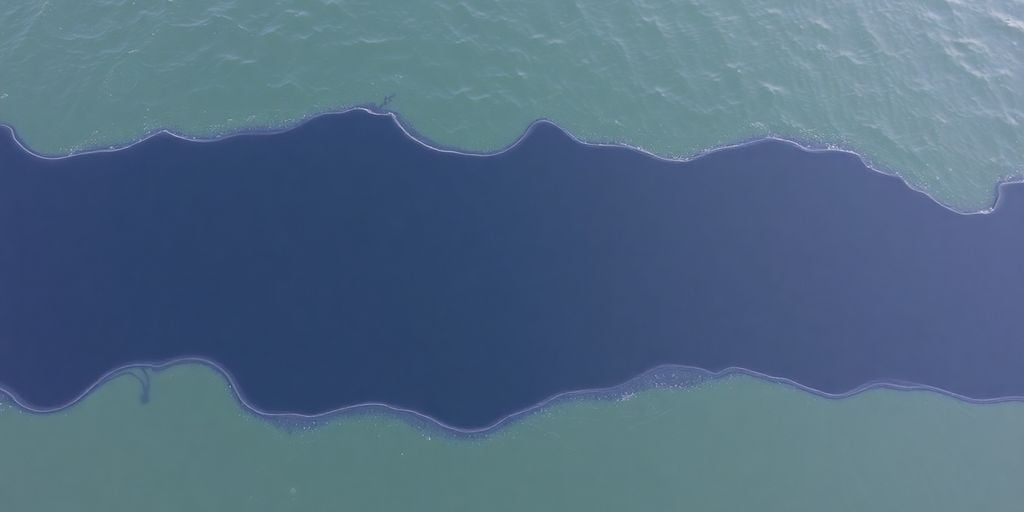Romania is reportedly investigating the possibility of Russian sabotage following the contamination of Azerbaijani crude oil destined for the OMV Petrom refinery. The discovery of high chlorine levels in the oil, transported via the Baku–Tbilisi–Ceyhan pipeline, led to a national energy crisis alert and the activation of strategic reserves.
Suspected Russian Sabotage
Romanian authorities are exploring a scenario where Russia may have intentionally contaminated a significant volume of Azeri crude oil. Sources cited by local media suggest that chlorine could have been injected into the 1,700-kilometer pipeline, a tactic described as a potential hybrid warfare operation. This method is considered relatively simple to execute, potentially involving a small number of tanker loads.
Impact on Energy Supply
The contamination was identified during routine quality checks by OMV Petrom, operator of the Petrobrazi refinery. The presence of organic chloride, which can cause severe corrosion to refinery infrastructure, threatened to trigger a national fuel supply crisis. In response, the Romanian Ministry of Energy declared a crisis-level emergency on August 4, authorizing the release of tens of thousands of tonnes of oil and diesel from national emergency stocks to ensure supply continuity. Scheduled deliveries to the Port of Constanța were canceled, leading to a temporary shortage at the refinery.
Wider European Implications
The issue extended beyond Romania, with contaminated oil from the same batch reaching other European countries. Italian energy company ENI and Czech company Orlen Unipetrol confirmed that their refineries had received compromised crude. The contamination has raised concerns about broader Russian destabilization efforts across Europe, aimed at undermining support for Ukraine.
Key Takeaways
- Romanian authorities suspect Russian sabotage in the contamination of Azerbaijani crude oil.
- The contamination, caused by high chlorine levels, threatened a national fuel crisis.
- Romania declared a state of emergency and released strategic reserves.
- The contaminated oil also affected refineries in Italy and the Czech Republic.
- The incident is viewed as a potential hybrid warfare tactic by Russia.
While Romanian authorities have not publicly confirmed the perpetrator, security sources have indicated that the event aligns with previous patterns of hostile energy-related sabotage. The incident underscores the ongoing geopolitical tensions and the vulnerability of energy infrastructure.






